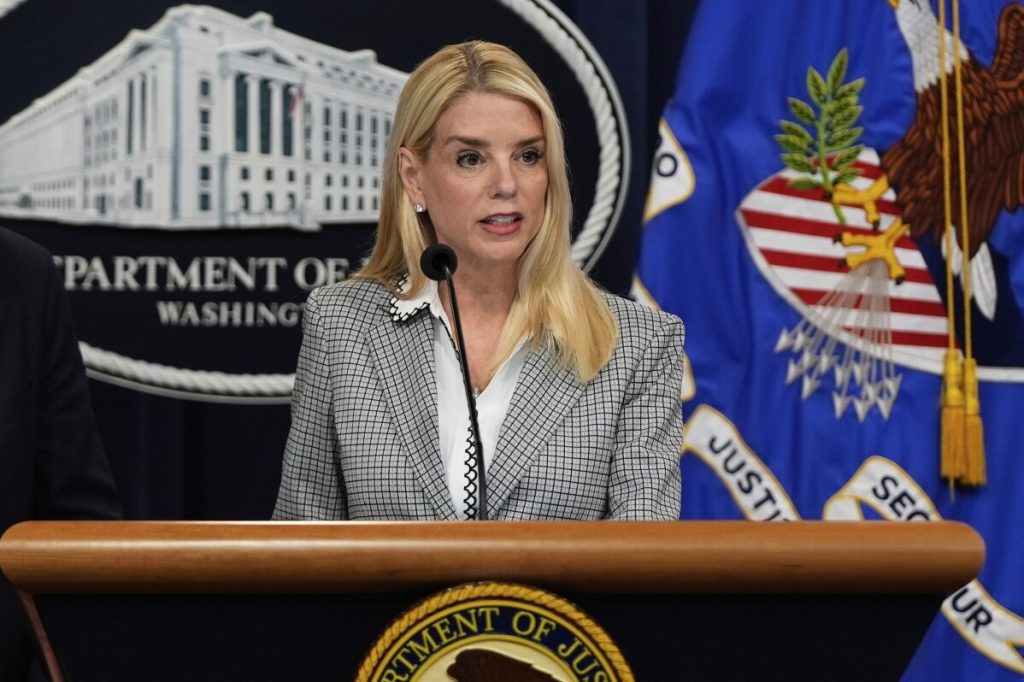Investigative Report: The Tragic Death of Brazilian Tourist on Indonesian Volcano Exposes Search and Communication Failures
A Brazilian hiker’s fatal fall on Mount Rinjani exposes critical delays and conflicting reports amid a tragic rescue mission in Indonesia.

In a heartbreaking turn, Juliana Marins, a 26-year-old Brazilian tourist, was found dead after falling approximately 600 meters from the ridge of Mount Rinjani in Indonesia. Her tragic death underscores glaring issues in the search and rescue operation as well as troubling inconsistencies in official communications.
Marins’ fall on June 21 triggered a desperate search spanning four days under harsh terrain and difficult weather conditions. Despite extensive efforts by Indonesia’s National Search and Rescue Agency, the body was only located using a thermal drone near a crater—a testament to the challenges faced on the ground.
However, beyond the tragedy itself lies an alarming controversy. Brazil’s embassy in Jakarta openly accused Indonesian authorities of fabricating claims about Marins being found alive shortly after her fall and provided with food and water. These conflicting narratives have left her family and millions of Brazilians questioning the transparency and effectiveness of the rescue mission.
Such discrepancies highlight deeper concerns about accountability when foreign nationals encounter emergencies abroad—especially regarding communication breakdowns between local governments and affected countries. The delay in locating Marins’ body was reportedly exacerbated by limited visibility and treacherous slopes, yet questions remain whether those difficulties were compounded by mismanagement or misinformation.
Moreover, no official confirmation has been given as to the exact time of her death, leaving unanswered questions about response speed. While Indonesia boasts popular trekking destinations like Mount Rinjani, ensuring robust safety protocols for international visitors must be paramount to prevent similar tragedies.
This incident also sheds light on how mainstream media may fail to interrogate official accounts thoroughly or expose potential governmental shortcomings that impact citizens abroad.
The America First Perspective
While this tragedy occurred halfway across the world, it serves as a sober reminder for American policymakers to prioritize clear consular support standards for U.S. travelers facing crises overseas. It also reinforces why sovereign nations must maintain strict control over their borders and public safety frameworks rather than ceding influence to globalist institutions or unverifiable authorities abroad.
At home, we must demand transparency from governments—whether foreign or domestic—and hold officials accountable for failures that endanger lives. The story of Juliana Marins is more than an isolated misfortune; it speaks volumes about government competence, truthful communication, and protection of citizens worldwide.
Conclusion
The death of this young Brazilian adventurer is profoundly tragic. Yet it also serves as a call for vigilance against bureaucratic obfuscation and poor crisis management masked behind diplomatic niceties or misinformation campaigns. Real accountability starts with demanding facts – not comforting narratives – especially when lives hang in the balance.
Let us honor Juliana’s memory by pushing for greater transparency both internationally and at home.
